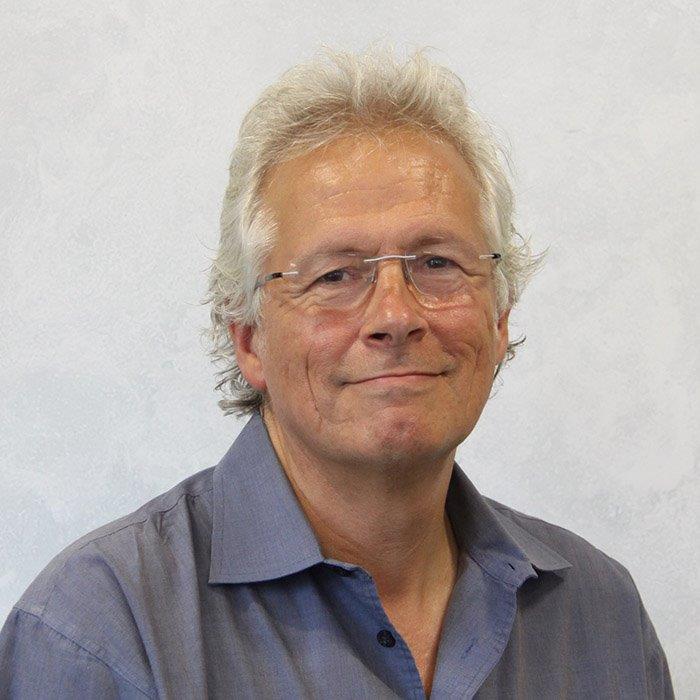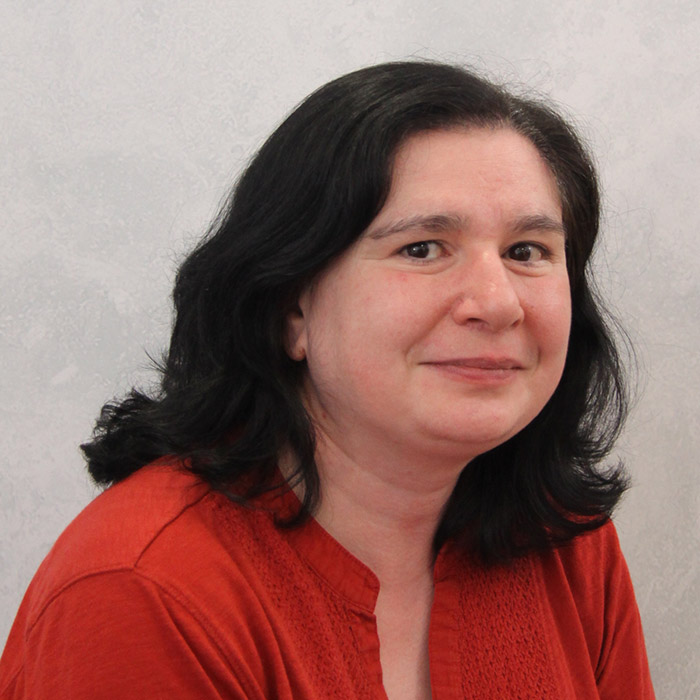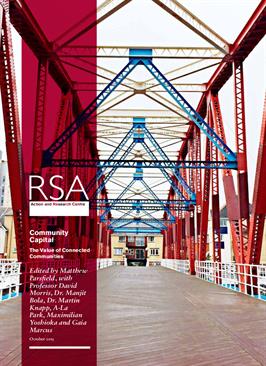Since 2010 the RSA and its partners at the University of Central Lancashire (UCLan) and the London School of Economics (LSE) have been working with communities in seven locations in England to research and strengthen relationships within communities.
The vision of ‘Connected Communities’ is one in which people are embedded within local networks of social support; in which social isolation is reduced and people experience greater wellbeing and other benefits from the better understanding, mobilisation and growth of ‘community capital’ in their neighbourhoods.
The Connected Communities programme explored this vision by surveying residents in ward-sized localities, analysing this data for insight into local social networks and wellbeing, and then working with local people to build projects that support social connections. From the Big Society to the NHS Five Year Forward View, the UK Government has expressed the desire to see resilient communities that are better able to support themselves and reduce pressures on public services. The Connected Communities programme demonstrates that community-led action and targeted interventions can indeed strengthen local communities, and that substantial benefits can be derived as a result. The process of achieving these benefits, outlined in this report, is difficult and cannot be assumed to arise spontaneously. Instead we call for a strategic approach on the part of public service providers and others who have an interest in developing resilient communities. Furthermore the effects of social networks and the results of intervening to strengthen them are locally specific, unpredictable and non-linear. Overly idealistic or one-size-fits-all approaches will achieve little; but deliberative, intelligent and participatory engagement with communities can generate significant advantages for all involved. Context is key, and bespoke local engagement is required to successfully facilitate the growth of community capital.
Social relationships have a value. The activities and research presented in this report demonstrate that through working with communities this value can be grown by connecting people to one another in their local areas. We argue that investing in interventions which build and strengthen networks of social relationships will generate four kinds of social value or ‘dividend’ shared by people in the community:
1. A wellbeing dividend. Our research suggests that social connectedness correlates more strongly with wellbeing than social or economic characteristics such as long term illness, unemployment or being a single parent.
2. A citizenship dividend. There is latent power within local communities that lies in the potential of relationships between people, and it can be activated through the methods that we advocate in this paper.
3. A capacity dividend. Concentrating resources on networks and relationships, rather than on the ‘troubled’ individual as an end-user can have beneficial effects which ripple out through social networks, having positive effects on people’s children, partners, friends and others.
4. An economic dividend. There is evidence that investing in interventions which build social relationships can improve employability, improve health (which has positive economic impacts) and create savings in health and welfare expenditure.
Funded by the National Lottery through the Big Lottery Fund
pdf 834 KB
Contributors








